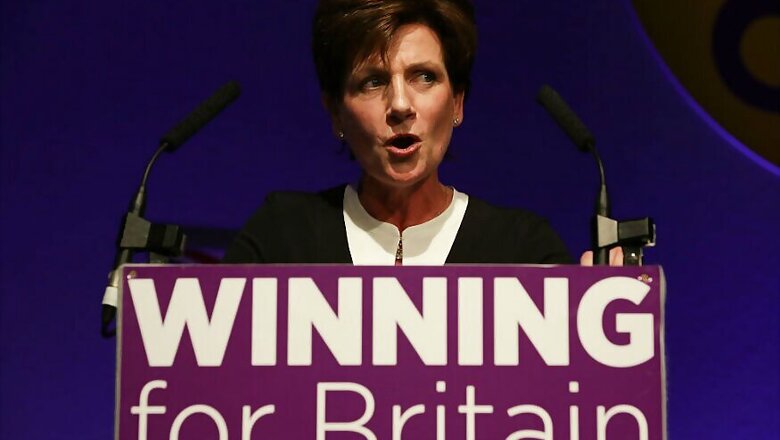
views
London: Britain's eurosceptic UK Independence Party was thrown into turmoil as its leader Diane James quit, citing "personal and professional reasons" for stepping down just 18 days after her election.
"It has become clear that I do not have sufficient authority, nor the full support of all my MEP (European parliament) colleagues and party officers to implement changes I believe necessary and upon which I based my campaign," James said in a statement published on her Twitter account on Tuesday.
"For personal and professional reasons, therefore, I will not take the election process further," she added, explaining she would not formalise the leadership process with the UK Electoral Commission.
James said she would continue her work as a UKIP member of European Parliament, dampening earlier speculation that she would also be resigning from her EU role.
The Times newspaper said James felt shaken after being spat at on a train last week and was additionally reluctant to lead UKIP without assurances about the party's funding.
Media reports had earlier suggested she had decided to step down due to her husband's ill health.
UKIP did not immediately respond to requests to comment on the resignation.
James, 56, was elected leader on September 16 to replace Nigel Farage —one of the best-known faces of the "Brexit" campaign — who quit following Britain's shock vote to leave the EU, saying his life's ambition had been achieved.
Farage co-founded the party in 1993, growing it into Britain's third biggest party by the number of votes cast at last year's general election.
The anti-EU party won 12.6 percent of the vote in the 2015 election, though it only has one MP to show for it under Britain's first-past-the-post system.
James won the leadership with 8,451 of the 17,970 votes cast.
In her acceptance speech at UKIP's conference in September, James said the party would confound its critics. "We are going to outwit our opponents, we are going to build on our election success that we have achieved to date and do more," she said.
She previously served as the party's home affairs spokeswoman and is a former pharmaceutical industry executive.
Ahead of her election as UKIP leader a September poll by YouGov found just eight percent of respondents knew who she was.
Her departure raises the prospect that Farage could make a
comeback, although he has ruled out such a move.











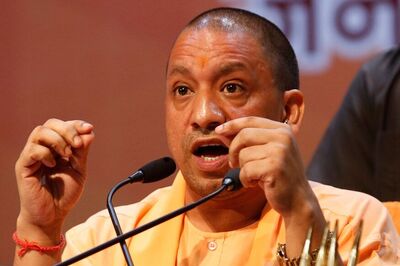
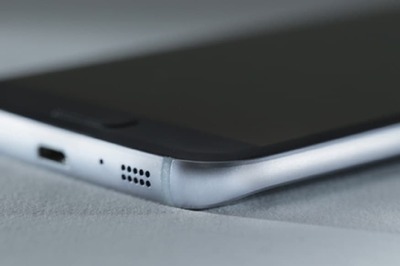
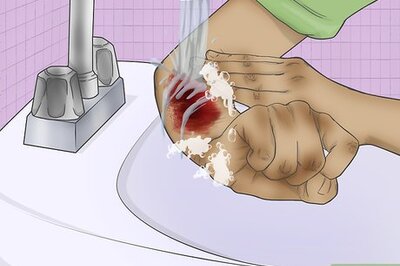


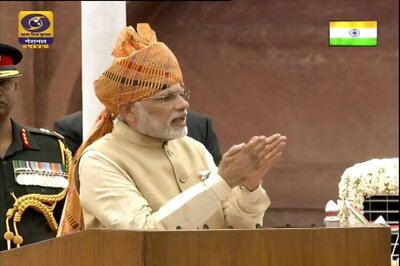
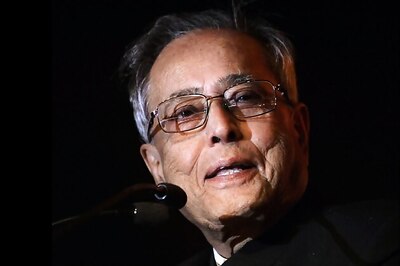


Comments
0 comment